As a developing economy, India has numerous developmental aspirations. How India meets these goals without worsening the climate crisis is at the heart of CSTEP's work. Addressing climate change and enabling a secure and sustainable future for Indian citizens require an overhaul of previous paradigms on development and resource utilisation. This is reflected in our work on developing low-carbon trajectories for development with an emphasis on nature-based solutions.
We are working with state governments across India to build capacity on risk and vulnerability assessments to inform their respective action plans on climate change. The transition from fossil fuels to renewable energy is crucial to achieving a secure and sustainable future. CSTEP's studies explore the possibility of a greater integration of renewables in the energy sector.





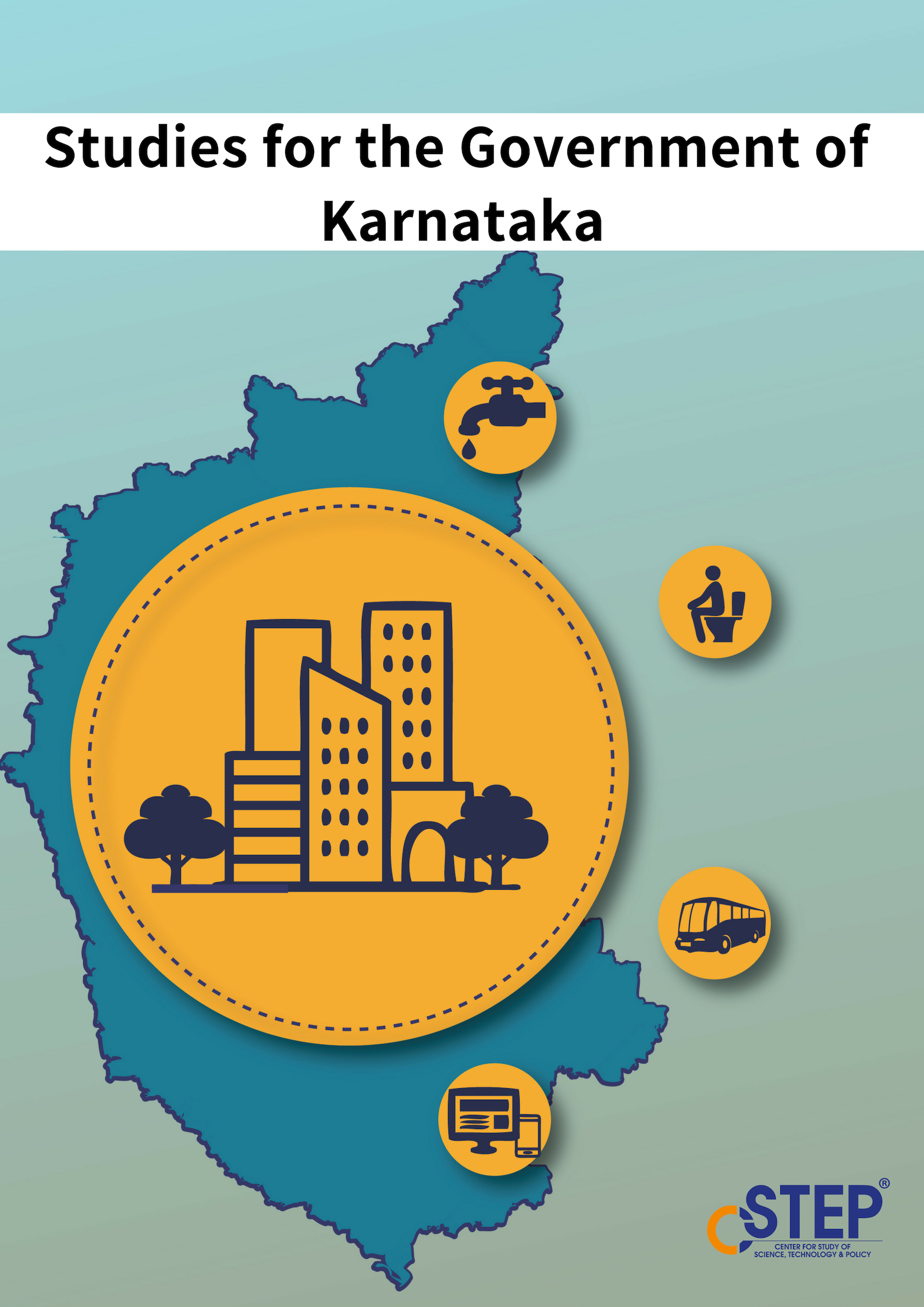

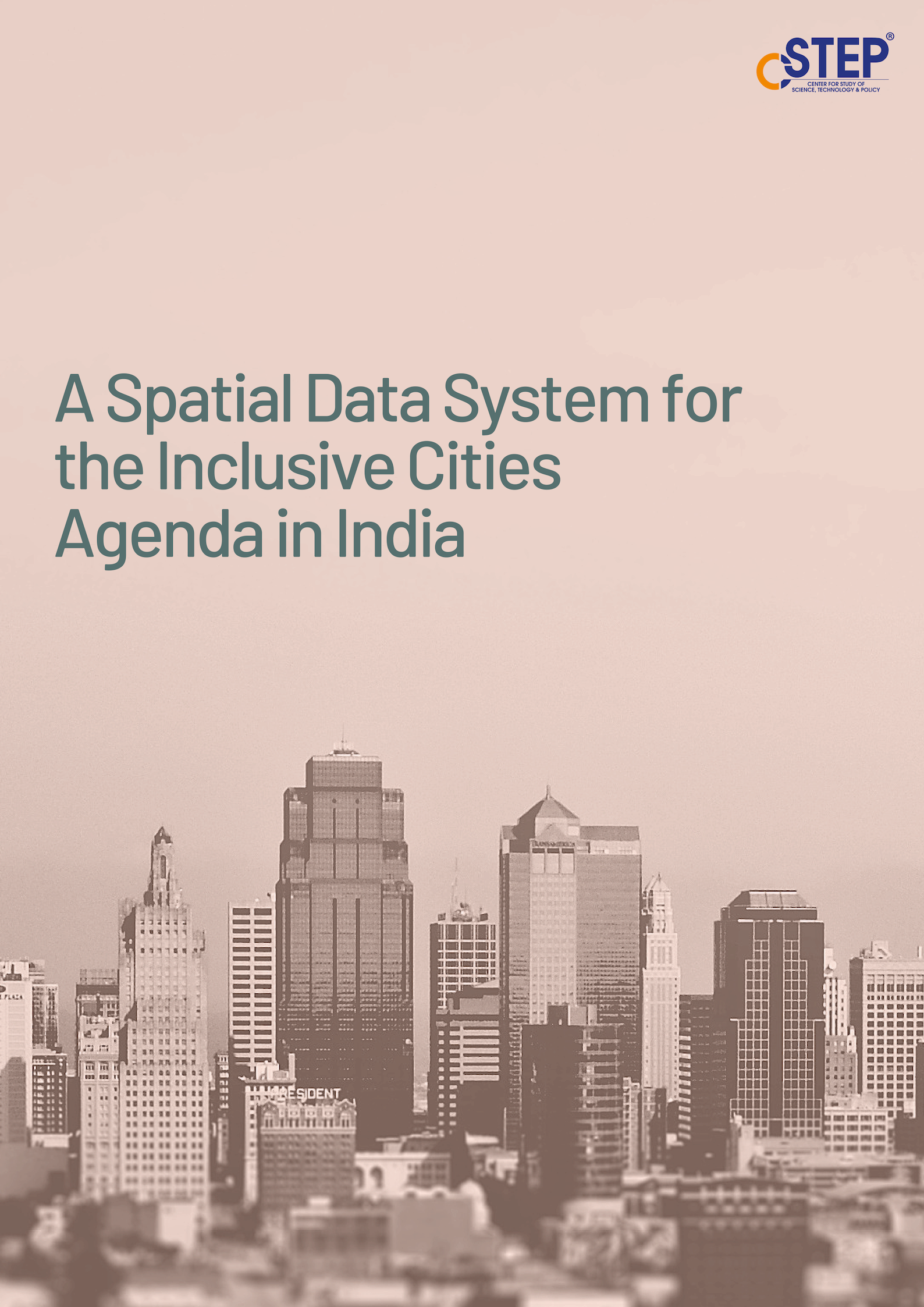
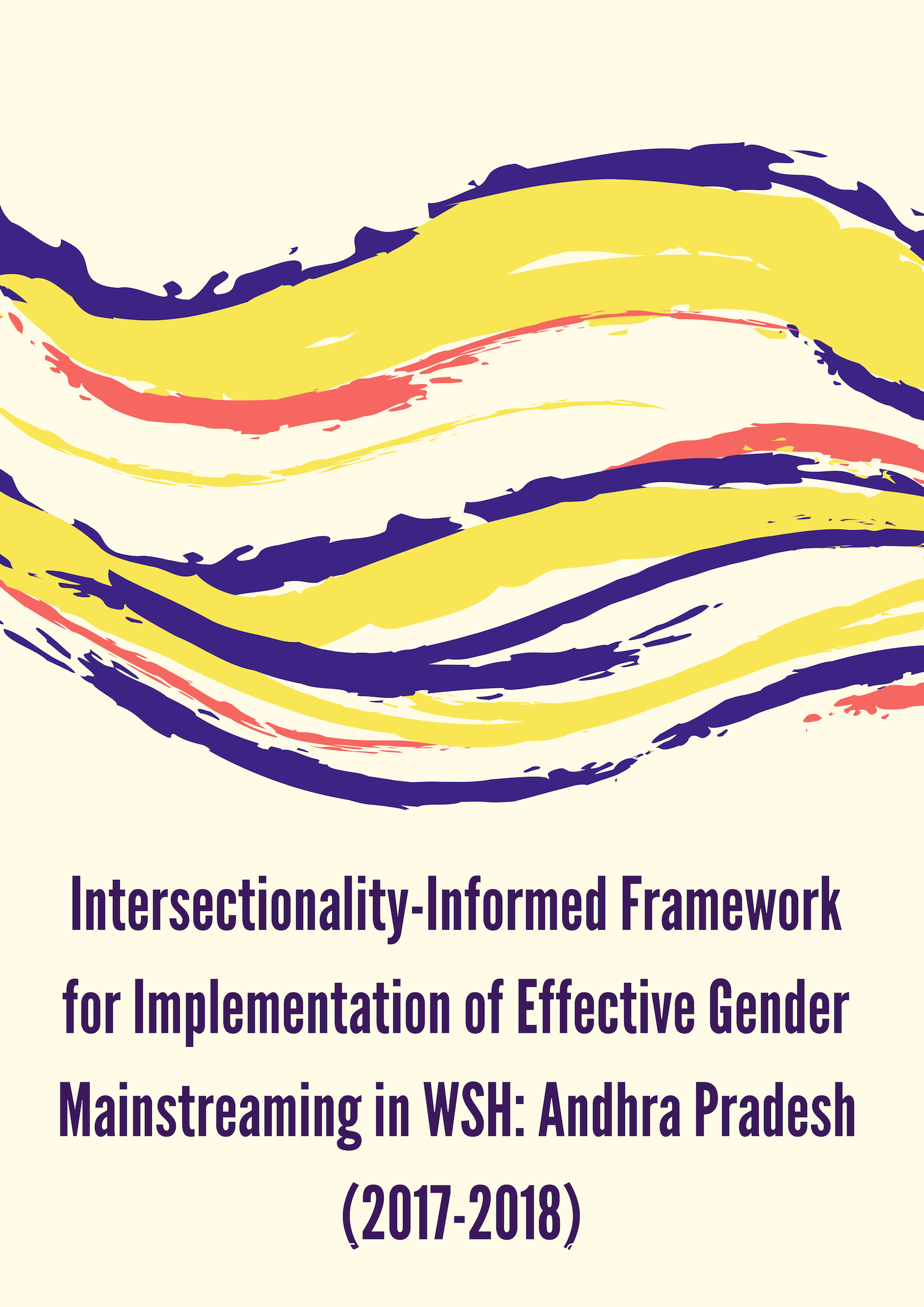
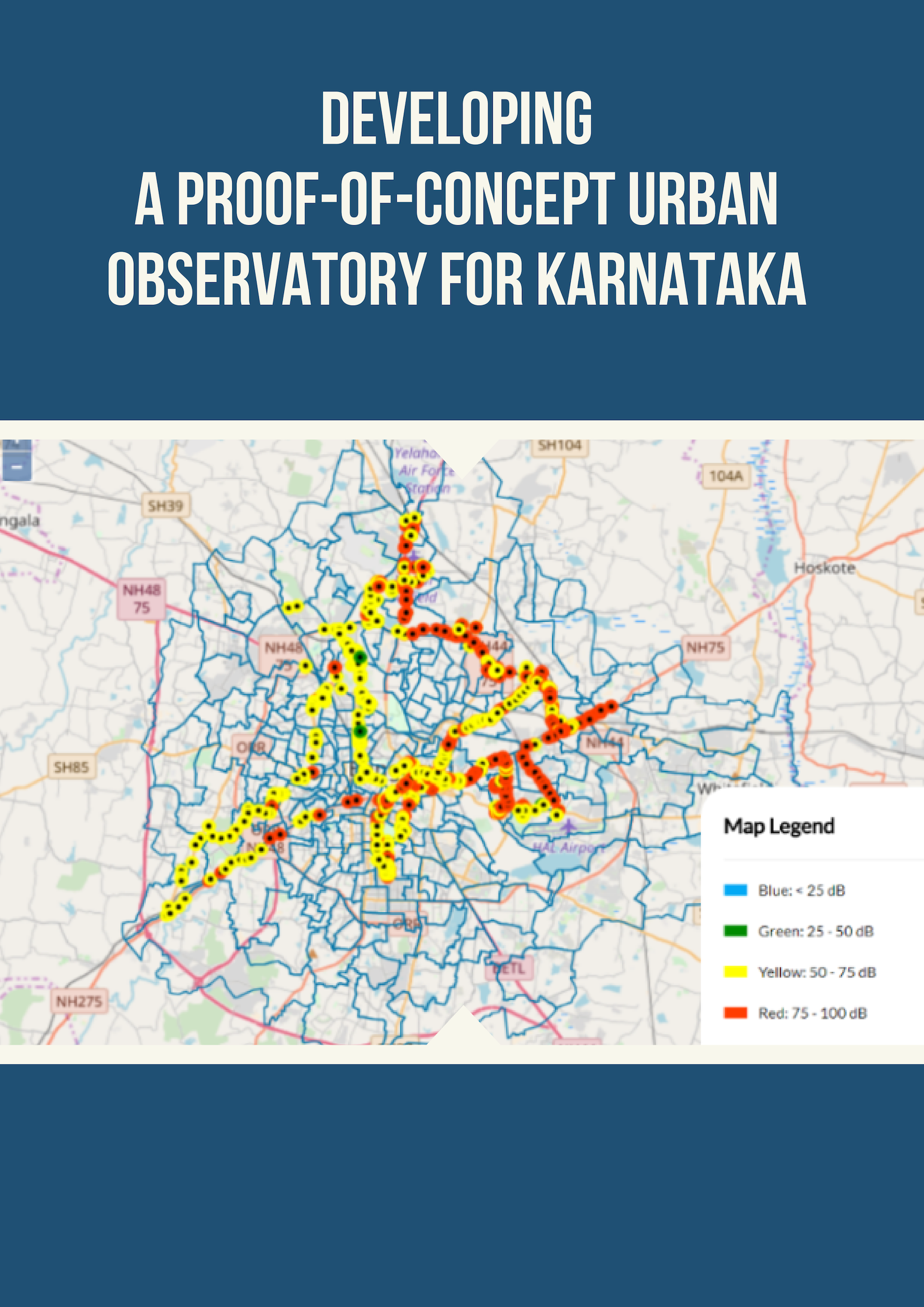
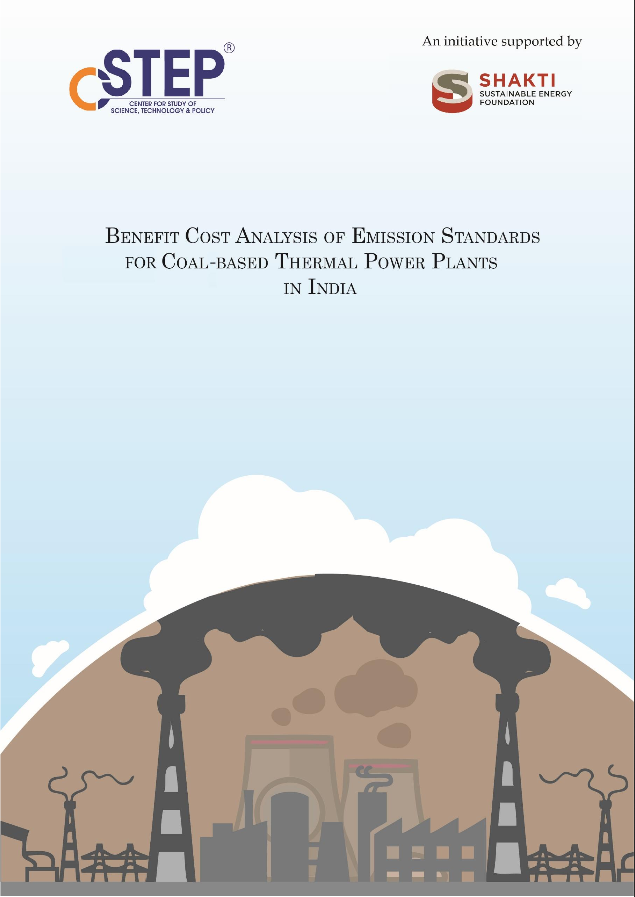







Uncovering nuances with intersectionality
The relationship between climate change and migration is intricate. The first article in our ‘Under the Weather, On the Move’ series talked about the context and conditions within which people move or do not move. Establishing migration as a layered phenomenon, it further discussed how climate change impacts are diverse and closely linked to experiences of identity and sociocultural norms.
No Time to Waste
The world is grappling with intensifying climate change — temperatures are rising, weather patterns are changing, and extreme events and natural disasters are becoming frequent.
We are in the climate decisive decade, and we must act now.
